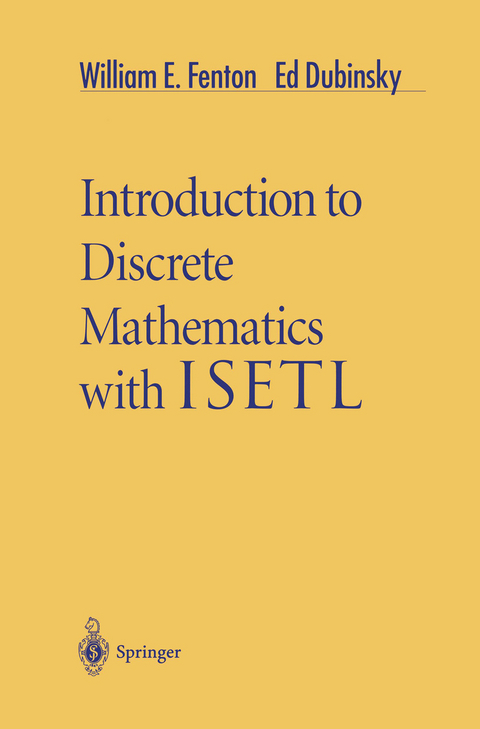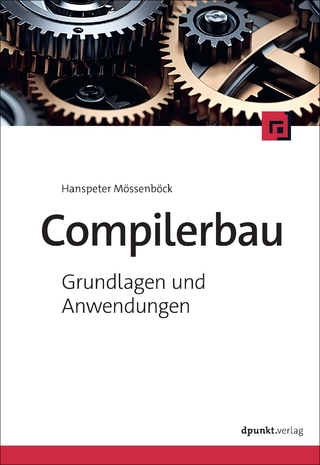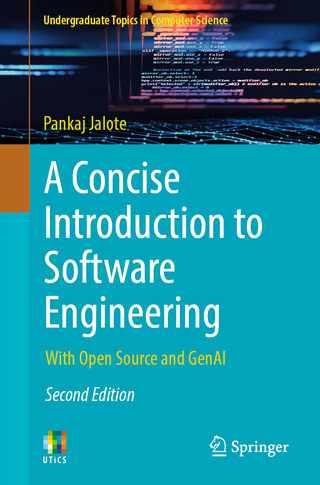
Introduction to Discrete Mathematics with ISETL
Springer-Verlag New York Inc.
978-0-387-94782-2 (ISBN)
1 Numbers and Programs.- 1.1 The Basics of ISETL.- 1.2 Divisibility.- Overview of Chapter 1.- 2 Propositional Calculus.- 2.1 Boolean Expressions.- 2.2 Implication and Proof.- Overview of Chapter 2.- 3 Sets and Tuples.- 3.1 Defining Sets and Tuples.- 3.2 Operations on Sets.- 3.3 Counting Methods.- Overview of Chapter 3.- 4 Predicate Calculus.- 4.1 Quantified Expressions.- 4.2 Multi-Level Quantification.- Overview of Chapter 4.- 5 Relations and Graphs.- 5.1 Relations and their Graphs.- 5.2 Equivalence Relations and Graph Theory.- Overview of Chapter 5.- 6 Functions.- 6.1 Representing Functions.- 6.2 Properties of Functions.- Overview of Chapter 6.- 7 Mathematical Induction.- 7.1 Understanding the Method.- 7.2 Using Mathematical Induction.- Overview of Chapter 7.- 8 Partial Orders.- Activities.- Discussion.- Exercises.- Overview of Chapter 8.- 9 Infinite Sets.- Discussion.- Exercises.- Appendix 1: Getting Started With Isetl.- A. Working in the Execution Window.- B. Working with Files.- C. Using Directives.- D. Graphing in ISETL.- Appendix 2: Some Special Code.- Index of Frequently Used Sets and Functions.
| Zusatzinfo | XVI, 196 p. |
|---|---|
| Verlagsort | New York, NY |
| Sprache | englisch |
| Maße | 155 x 235 mm |
| Themenwelt | Mathematik / Informatik ► Informatik ► Programmiersprachen / -werkzeuge |
| Informatik ► Theorie / Studium ► Compilerbau | |
| Mathematik / Informatik ► Mathematik ► Graphentheorie | |
| Mathematik / Informatik ► Mathematik ► Wahrscheinlichkeit / Kombinatorik | |
| ISBN-10 | 0-387-94782-5 / 0387947825 |
| ISBN-13 | 978-0-387-94782-2 / 9780387947822 |
| Zustand | Neuware |
| Informationen gemäß Produktsicherheitsverordnung (GPSR) | |
| Haben Sie eine Frage zum Produkt? |
aus dem Bereich


